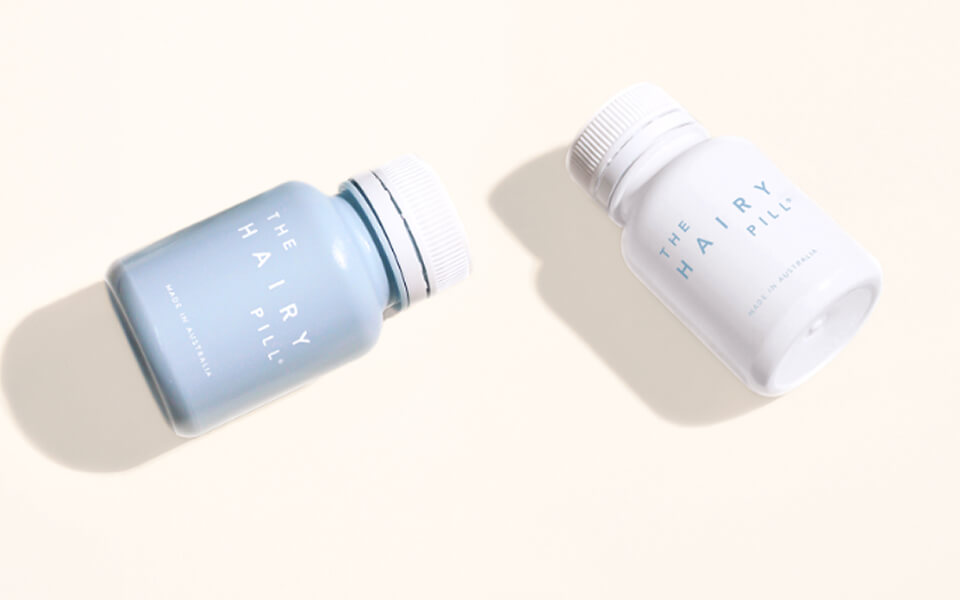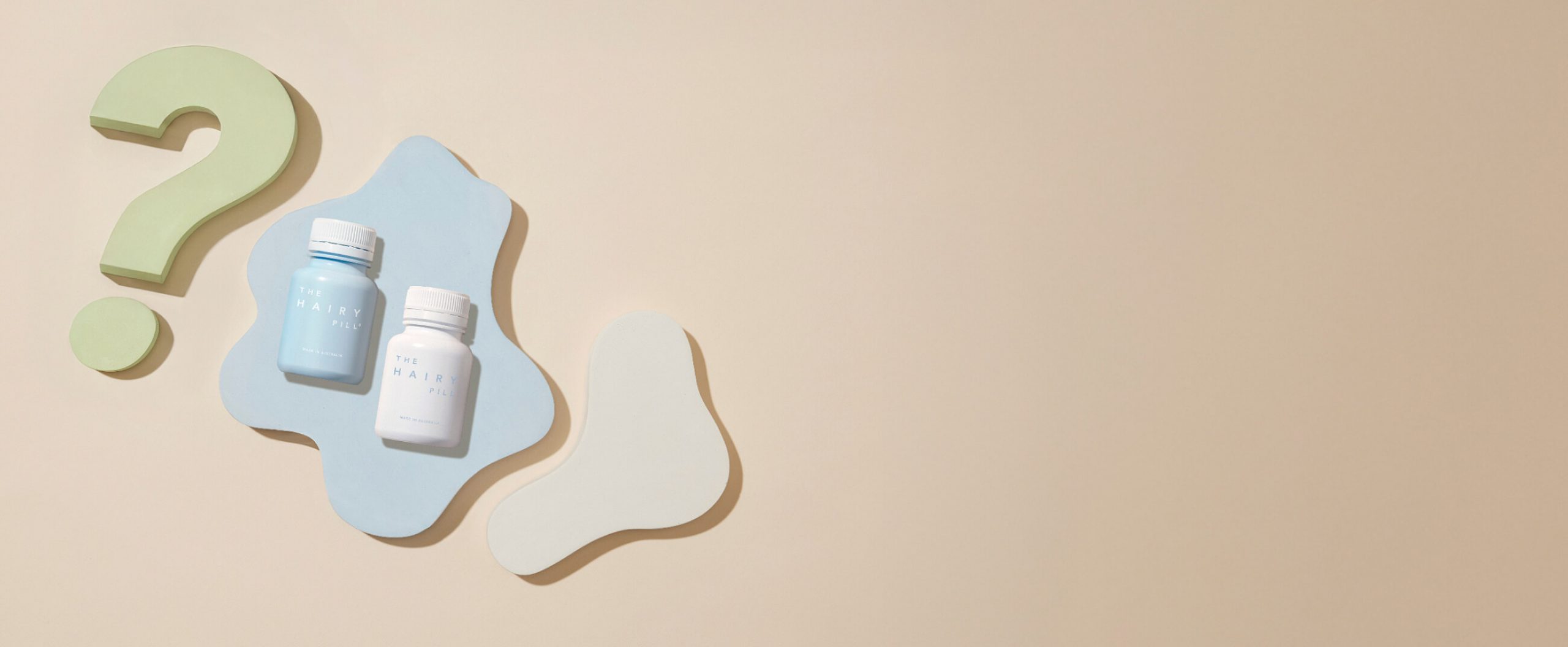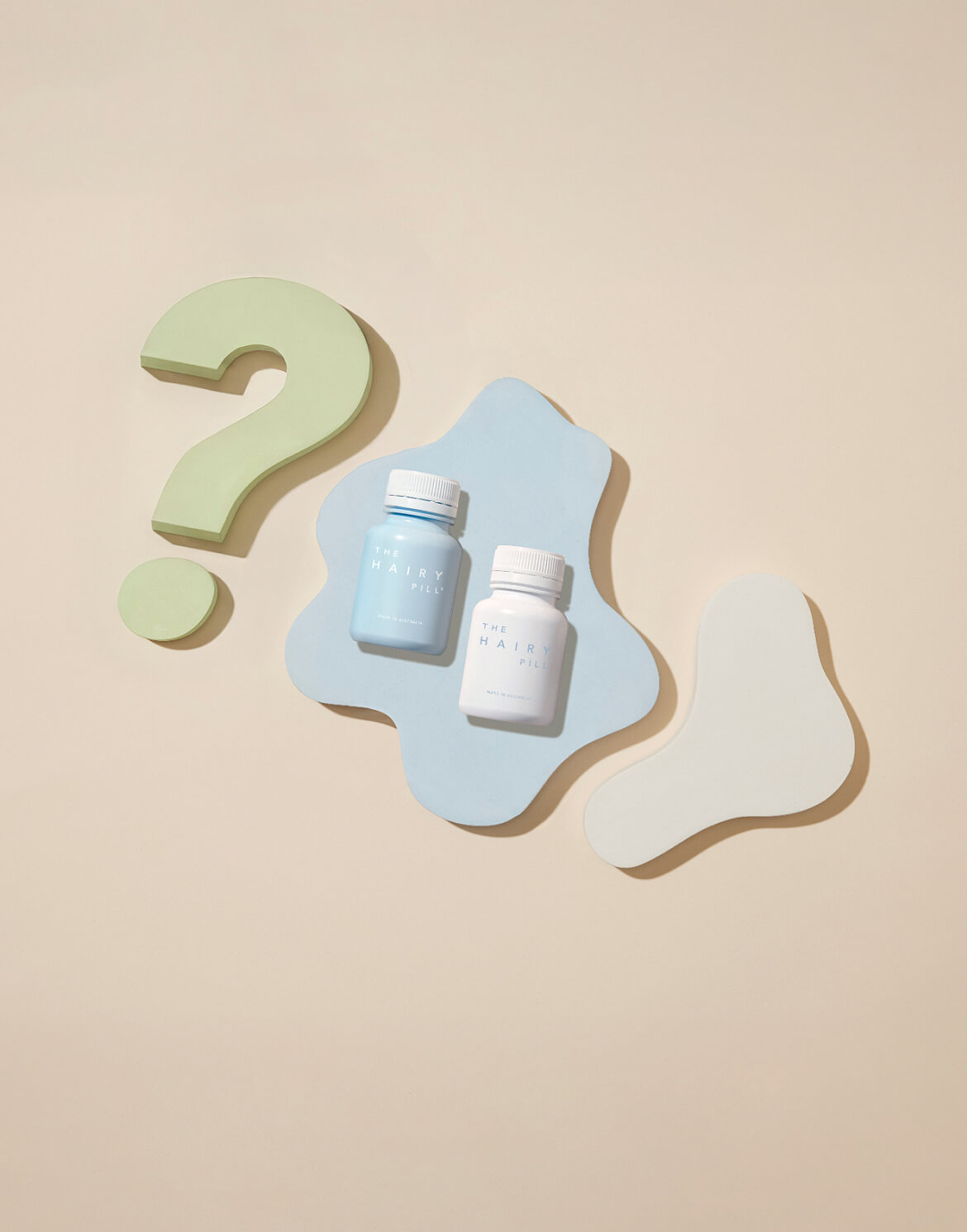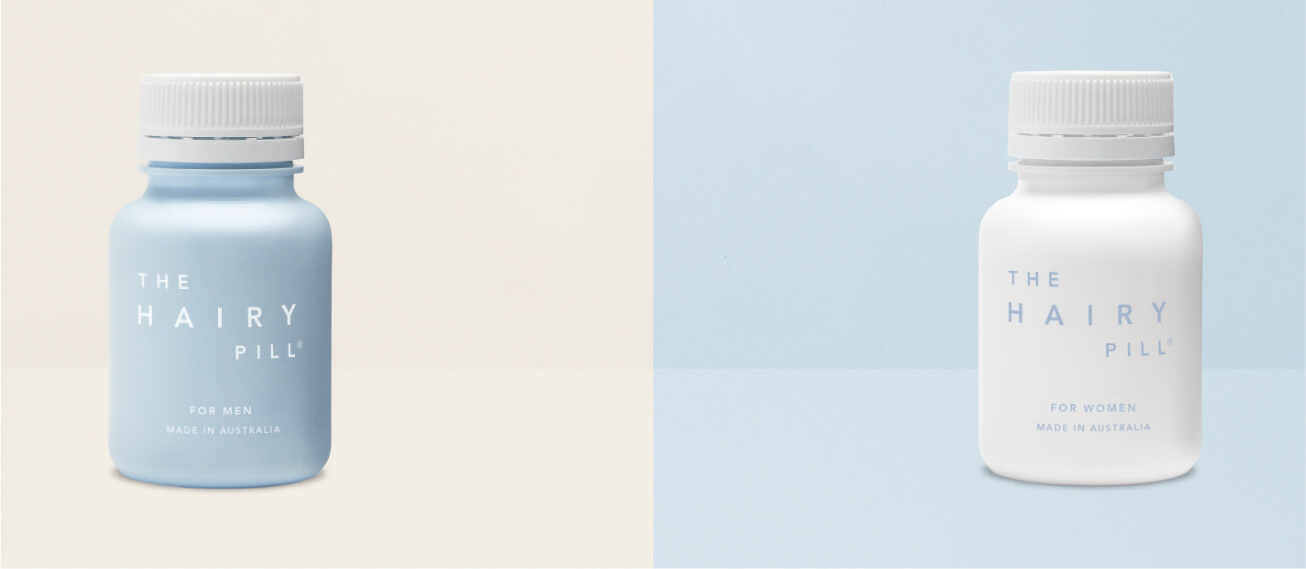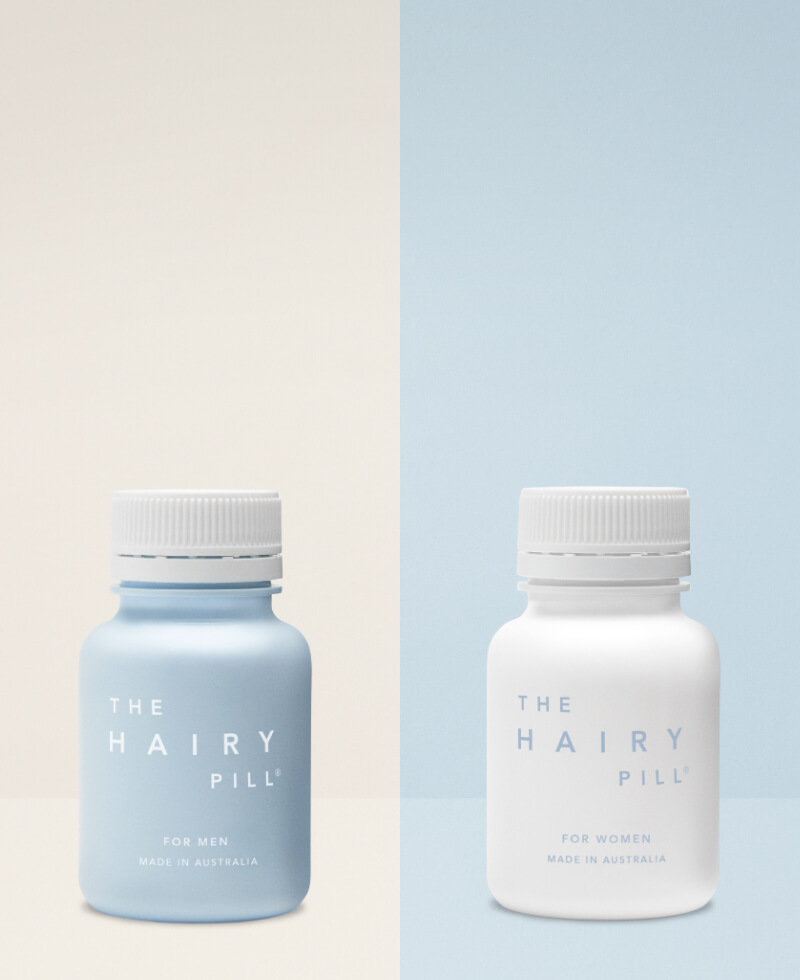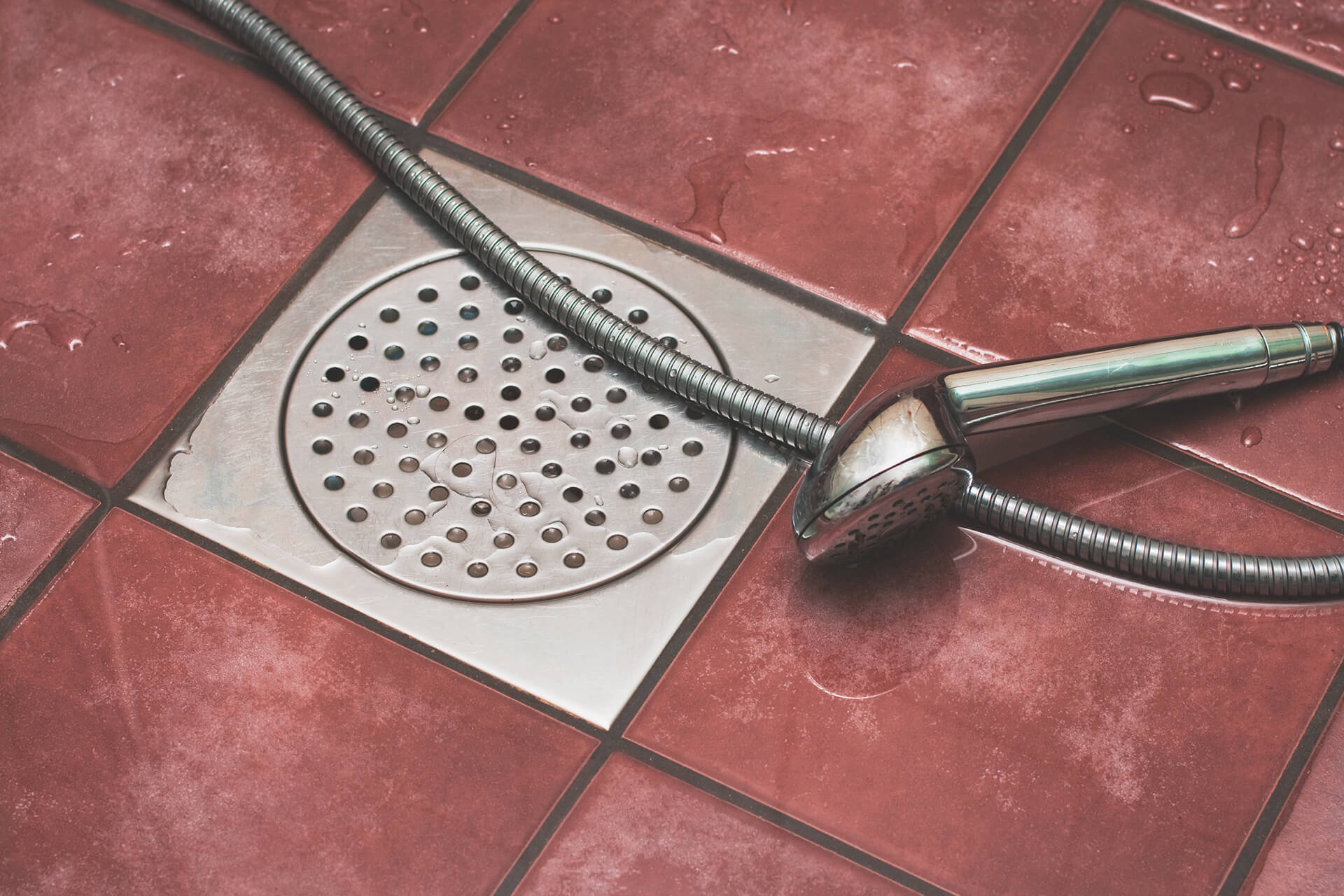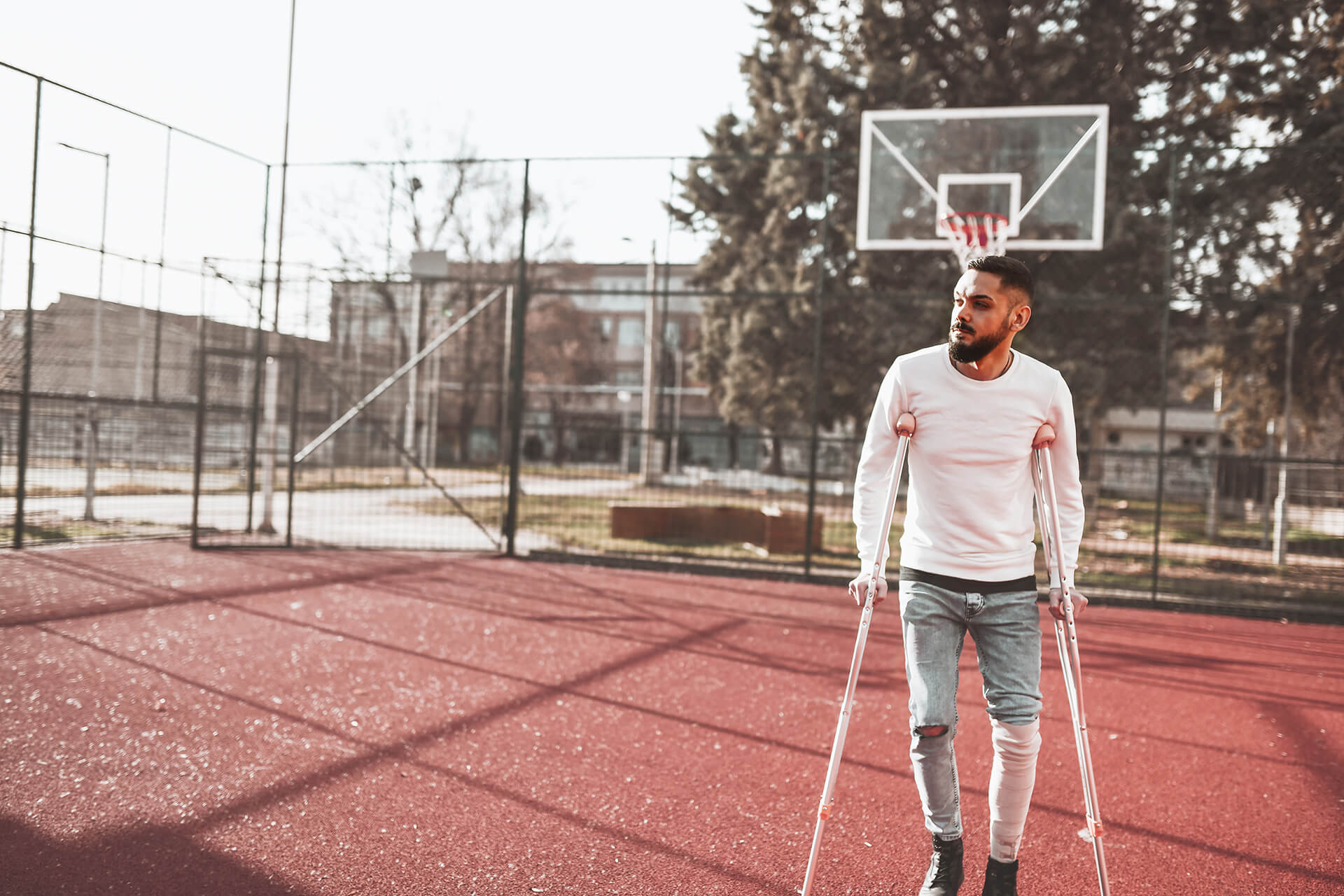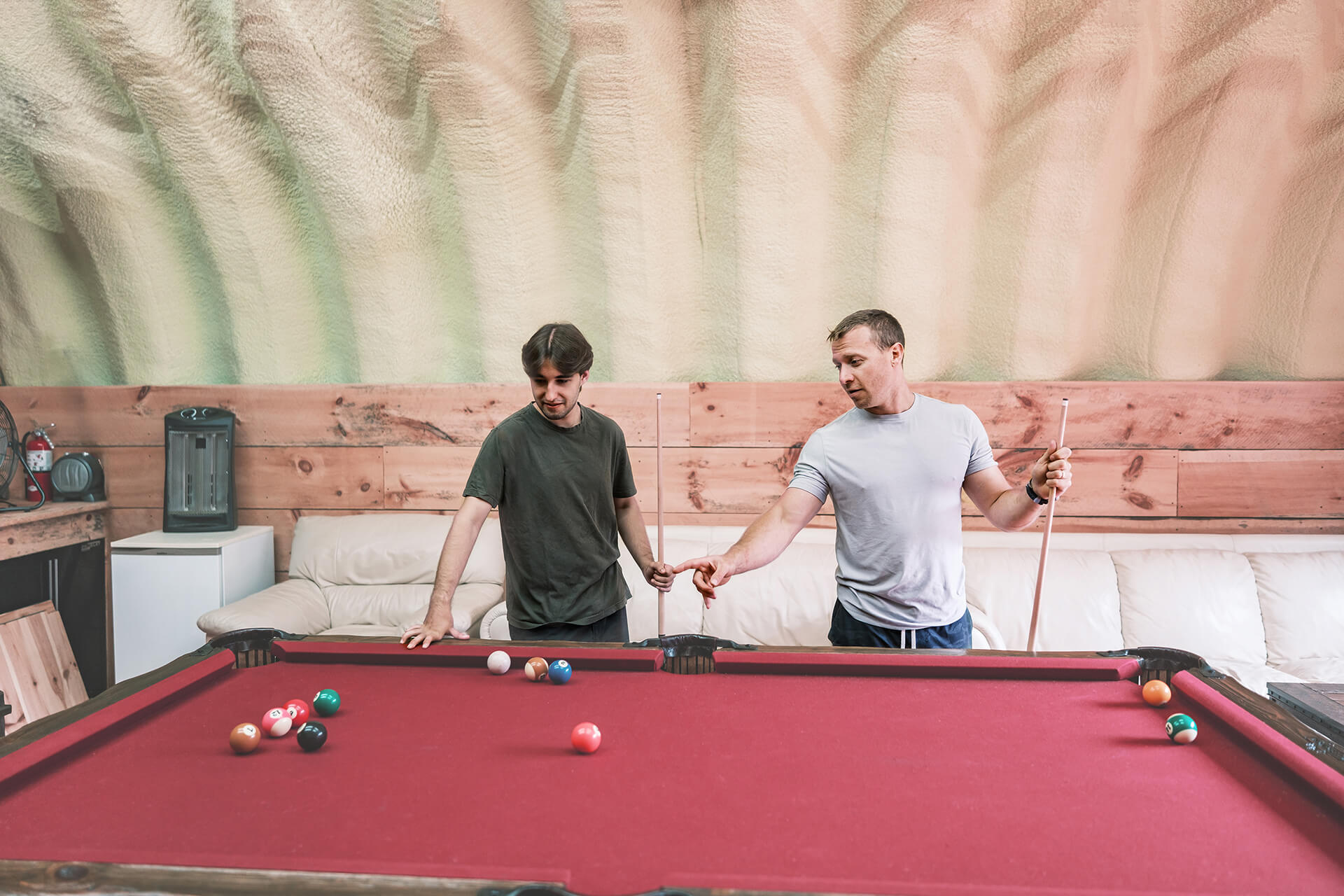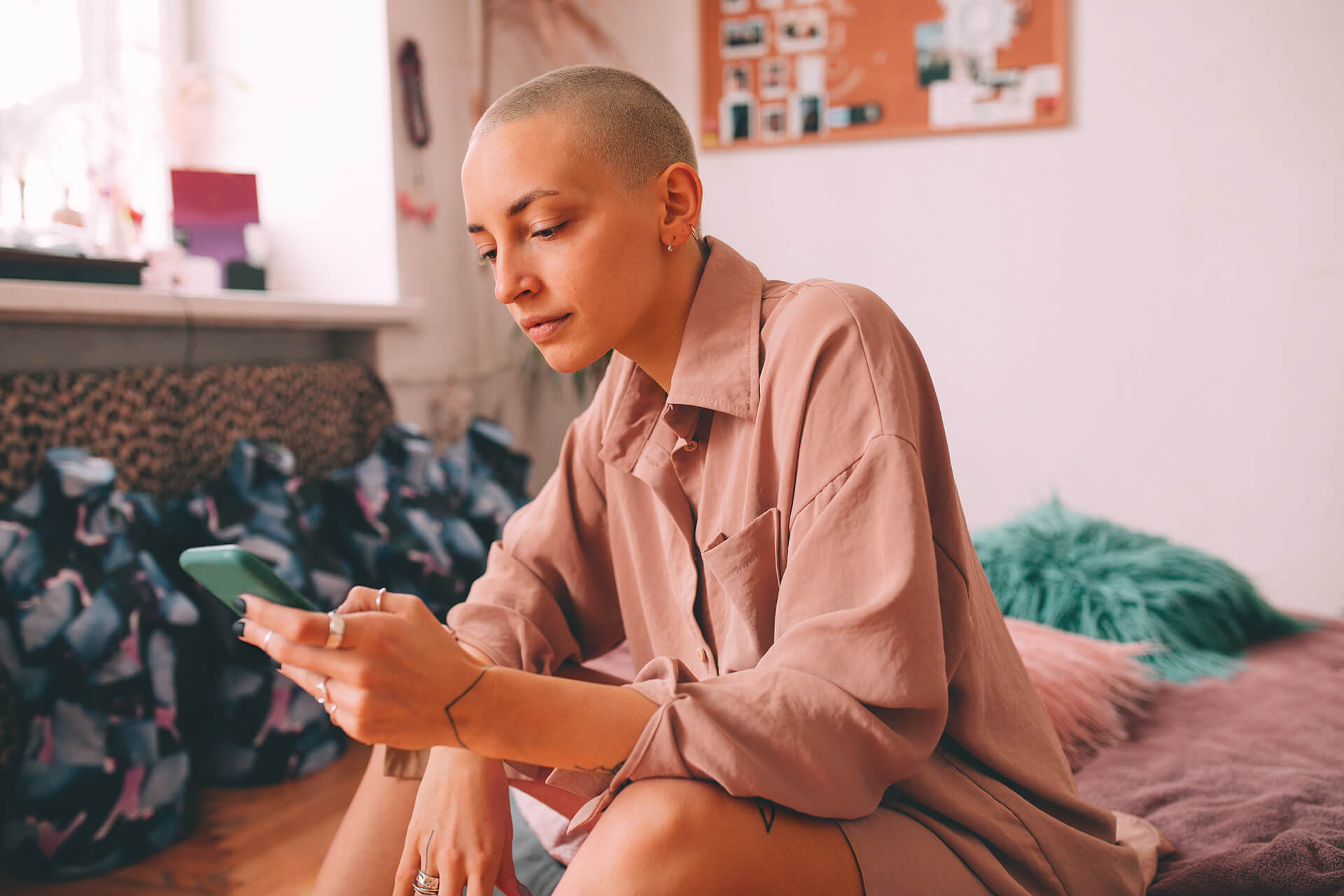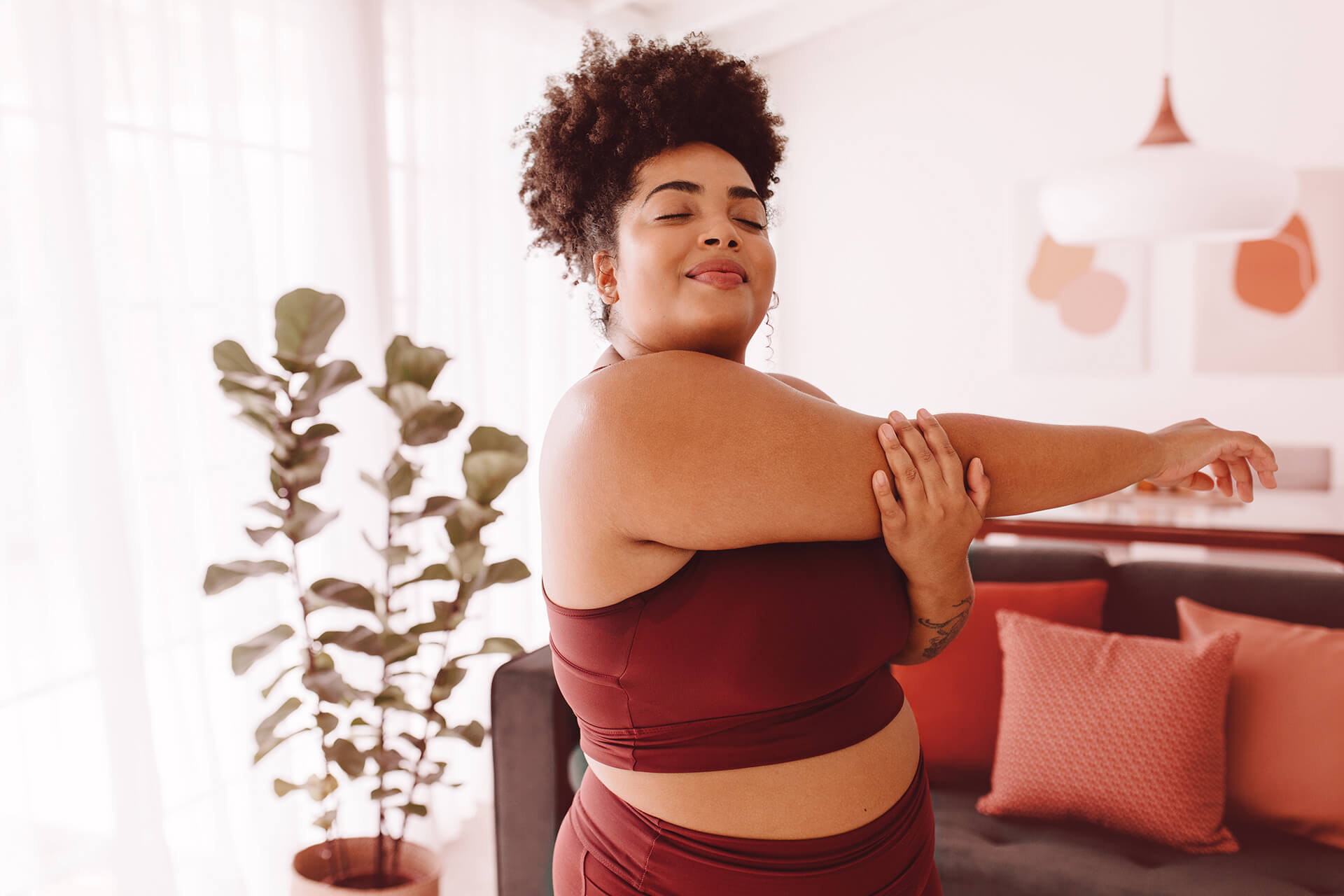Hair loss and cancer — or rather, cancer treatments — often go hand in hand. After all, hair loss is a recognisable side effect of cancer therapies like chemotherapy and radiotherapy.
It can also be one of the many distressing side effects.
It can impact the way patients view their bodies and interact with others. Some may go to great lengths to cope with their hair loss, including concealment, social avoidance, and behavioural rehearsal (among other things).
It can help if patients understand why alopecia occurs and that hair loss from chemotherapy is usually temporary. The hair can grow back but there are also things that may help prevent hair loss and accelerate hair regrowth.
What Is World Cancer Day?
World Cancer Day (4 February each year) is recognised around the globe as an opportunity to raise awareness of the prevention, detection, and treatment of cancer. The ultimate goal is to significantly reduce illness and death caused by cancer.
You can get behind World Cancer Day in Australia by signing up for their 5k challenge or one of their 21 Day Challenges.
Why Do Cancer Patients Lose Hair?
We commonly associate hair loss with cancer so why do so many cancer patients have hair loss?
The answer lies in the treatment (not in the disease, which is a common misconception).
Common cancer treatments, including chemotherapy and radiation, can cause a type of hair loss called anagen effluvium.
Here’s how it works.
Unlike other types of hair loss (such as hereditary androgenetic hair loss), anagen effluvium occurs when something interrupts the predominant hair growth phase in the cycle.
That something is usually an event that places extreme stress or shock on the body.
In this case, cancer treatments like chemotherapy or radiotherapy are the trigger. (Anagen effluvium is so common with chemo that it’s often referred to as chemotherapy-induced hair loss).
These cancer drugs are effective because they attack rampant cancer cells. But they also attack other rapidly growing cells in your body — including those in your hair follicles.
Once anagen effluvium is triggered, large swathes of healthy, actively-growing hair prematurely enters hibernation and then sheds.
Is Hair Loss a Sign of Cancer?
While hair loss may be a symptom of disease (such as psoriasis, thyroid issues, or nutritional deficiencies), it isn’t a typical sign of cancer.
In most cases, having cancer doesn’t make your hair fall out. But cancer treatments might.
Discover if The Hairy Pill® is right for you.
Take our short hair health quiz and we will work out if The Hairy Pill® can help you and your hair.
Take the quizReady to start your hair growth journey?
- Free express shipping
- Unlimited doctor consultations
- Simple once a day treatment
Hair Growth After Chemo — A Timeline
When you start treatment, it’s natural to have a lot of questions.
How soon will you start losing hair after chemo?
How long does it take to lose all your hair?
And how long till your hair starts to grow back?
Hair loss is different for every cancer patient but here is a general timeline of hair loss after chemotherapy:
- Hair begins to fall 2–4 weeks after chemotherapy is started
- Light, fuzzy hair growth emerges 2–4 weeks after chemo ends
- Thicker hair begins to grow 3–6 months after chemo
How Long Does It Take to Lose Hair During Chemo?
Hair usually begins to shed 2–4 weeks after chemo begins. In the Japanese survey, it took an average of 18 days for hair loss to develop after chemotherapy treatment.
Hair may fall out in clumps quickly or it may be more gradual but whether or not you go completely bald depends on your treatment.
How Long After Chemo Will Your Hair Grow Back?
Hair regrowth rarely happens as soon as the chemo ends. It takes a while for the drugs to leave the system so most people start regrowing their hair 3–6 months after their last chemo treatment.
The Japanese survey found that hair growth began on average 3.3 months after the completion of chemo, with 98% of patients experiencing regrowth.
While most patients noticed their hair regrow after chemotherapy ends, a small percentage (13%) saw regrowth during chemo.
Don’t be alarmed if your hair doesn’t look quite the same.
Regrowth starts off thin and fuzzy. The cells in your hair follicles are still recovering, after all.
Healthier, stronger strands of hair begin to develop within 4–6 weeks but your regrowth may be patchy — not all hair follicles start reactivating at the same time.
As your hair regrows, it may also be a different shade or texture. Some people start to grow grey hairs until the pigment cells in their follicles reactivate.
Many people also experience ‘chemo curls’ with curlier or more unruly hair while others notice their hair is more brittle. This usually corrects itself with time.
Can Cancer-Related Hair Loss Be Permanent?
Though uncommon, some chemotherapy patients experience permanent hair loss. In the Japanese study, fewer than 0.5% of patients had no regrowth 6 months after the end of treatment.
Permanent hair loss from chemotherapy is usually associated with certain drugs, such as docetaxel or busulfan.
How to Prevent Hair Loss After Chemo
There’s no surefire way to prevent hair loss after chemotherapy. No doctor can predict how your body will react to cancer drugs, let alone provide a certifiable way to prevent hair loss.
If you’re worried about the side effects, it’s best to speak with your doctor about your treatment plan. They may recommend a scalp cooling cap during chemo.
Scalp Cooling Caps
Cooling caps are emerging as a somewhat effective deterrent to hair loss after chemotherapy.
These caps are cooled by a chilled liquid. They fit closely over your scalp and slow blood flow to the area to reduce the effect of drugs on your hair follicles.
Studies suggest that cooling caps have a 50–80% success rate in reducing hair loss — but it only works with some chemo drugs.
Side effects may include headaches and a feeling of cold discomfort. The treatment also requires a longer hospital visit because you need to wear the cap 30–45 minutes before you have your drugs and then 20–90 minutes afterwards.
Scalp cooling is unsuitable for people with cancers like leukaemia or lymphoma or for people who need to have radiotherapy on their scalp.
Practise Gentle Hair Care
You may be able to slow down hair loss by taking greater care of your hair during treatment.
Here are a few gentle hair care practices to consider:
- Wash your hair gently and less often
- Use satin or silk pillowcases, which may reduce hair friction
- Avoid heat from curlers or blow dryers
- Avoid hairstyles that may strain the hair (such as braids or ponytails)
Need Help with Hair Growth After Chemo?
While most hair loss from cancer is temporary, hair regrowth takes time. It may only begin once the chemotherapy drugs have left your system and even then, it could be weeks or months before you start to see any progress.
There may be ways to help nurture or accelerate your hair regrowth but it’s always best to speak with a doctor before starting any treatments.
Be Careful with Your Regrowth
Your new growth may be fragile and your scalp may be sensitive. It’s best to apply the same gentle hair care practices you used throughout your treatment as your hair regrows.
Limit excessive brushing and avoid chemical or heat treatments (like dyes or hair dryers).
Try Medication
Hair growth medication with active ingredients may help stimulate your hair follicles to promote new growth. The Hairy Pill® is a personalised hair growth treatment that contains a blend of active ingredients, amino acids, vitamins, and essential elements made specifically for you.


